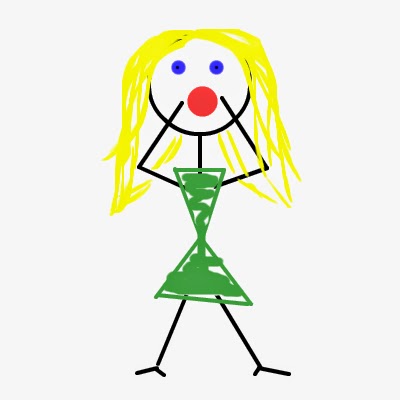Homonym pairs are bad enough. When you've got three words that sound alike but have different spellings and different meanings, you may want to just give up and forget that the words palette, palate and pallet exist at all. But they do. And even though it may be difficult to learn which one to use when, you still want to have these words in your writing toolkit...because your language can never be limited.
Palette
A palette is a range of colors. It's also that thing an artist uses when they're creating a painting, like Bob Ross and his famous big palette. Think of an artist and their palette when you think of this word. Think of all the colors on the palette. If you're writing about the colors of the rainbow or the way the sky looks during sunset, you're going to be using the artistic word palette to describe it.
Palate
Do you have a good palate for flavor? Have you ever eaten a fancy, multi-course meal and been given a dish to cleanse your palate? The palate is the roof of your mouth. That's why it's so often used with references to cuisine. Palate refers to taste or to the mouth itself.
Pallet
A pallet is a frame, usually made of wood, that's used to carry and transport items. They're found often in the construction industry.






































